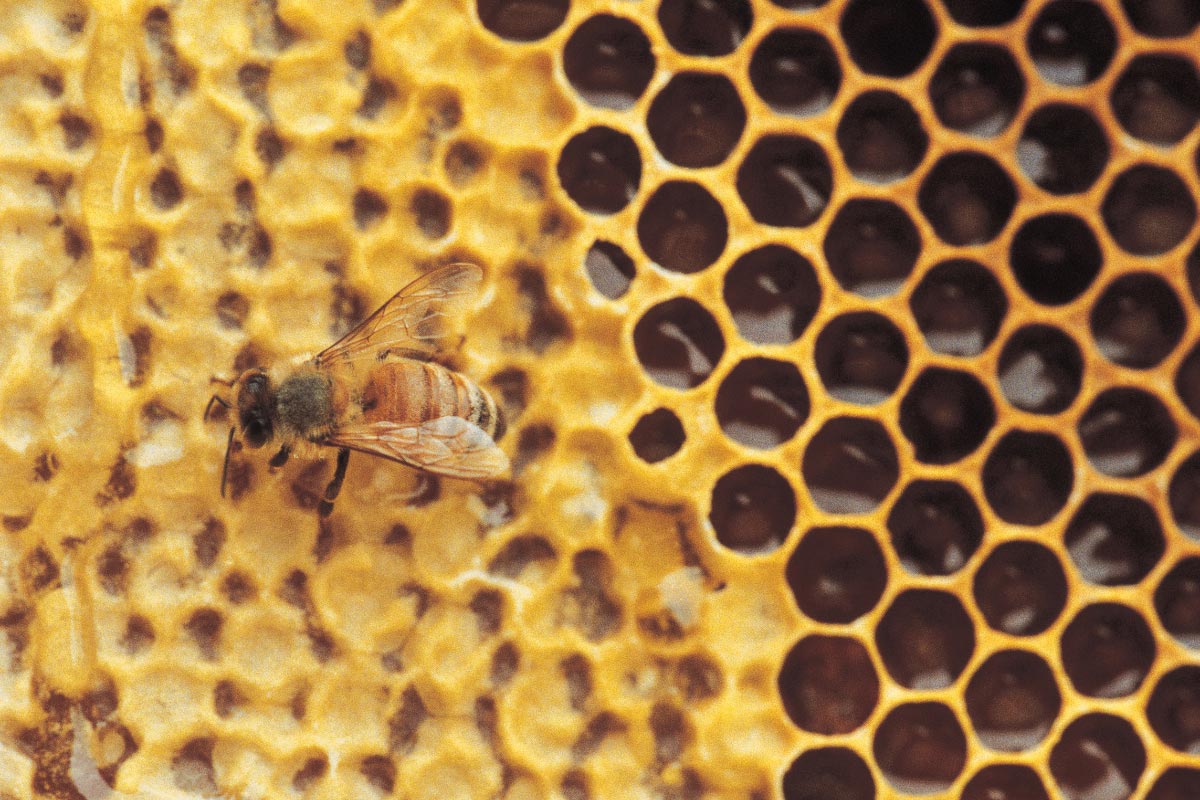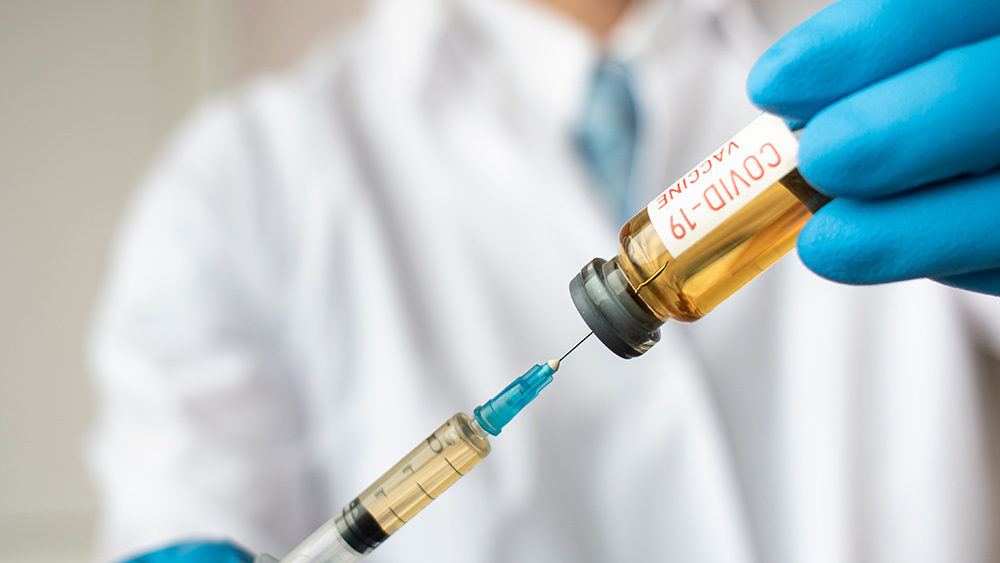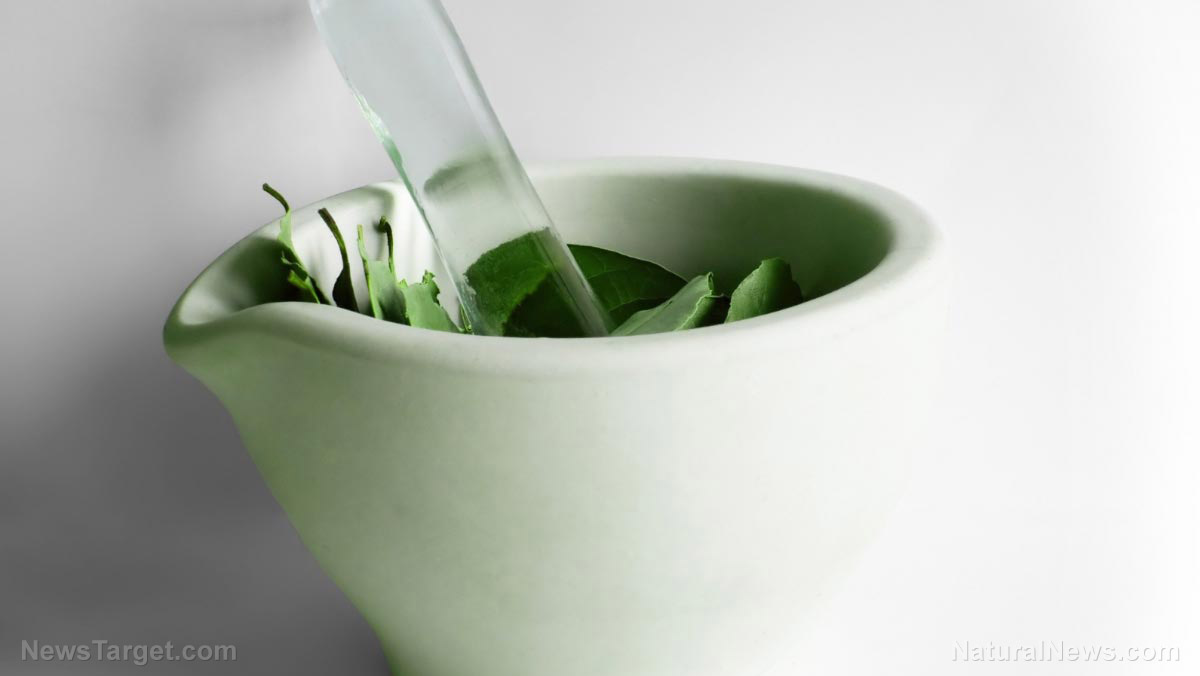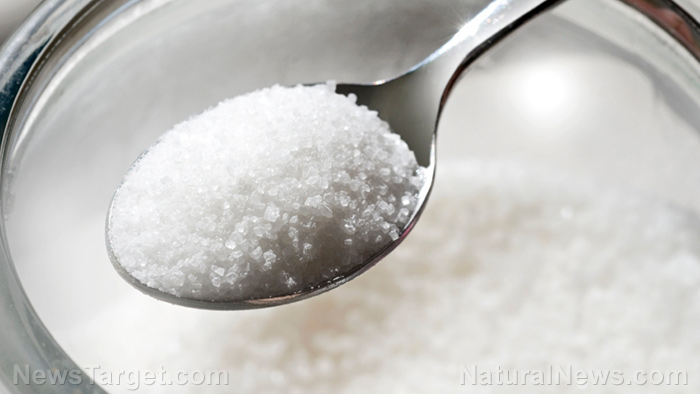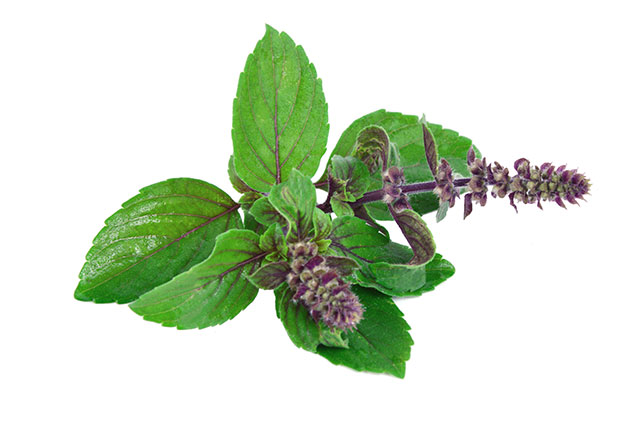Is this why kids are so happy? Researchers discover anti-inflammatory fat in soil-dwelling bacterium that can help relieve stress
07/13/2020 / By Divina Ramirez
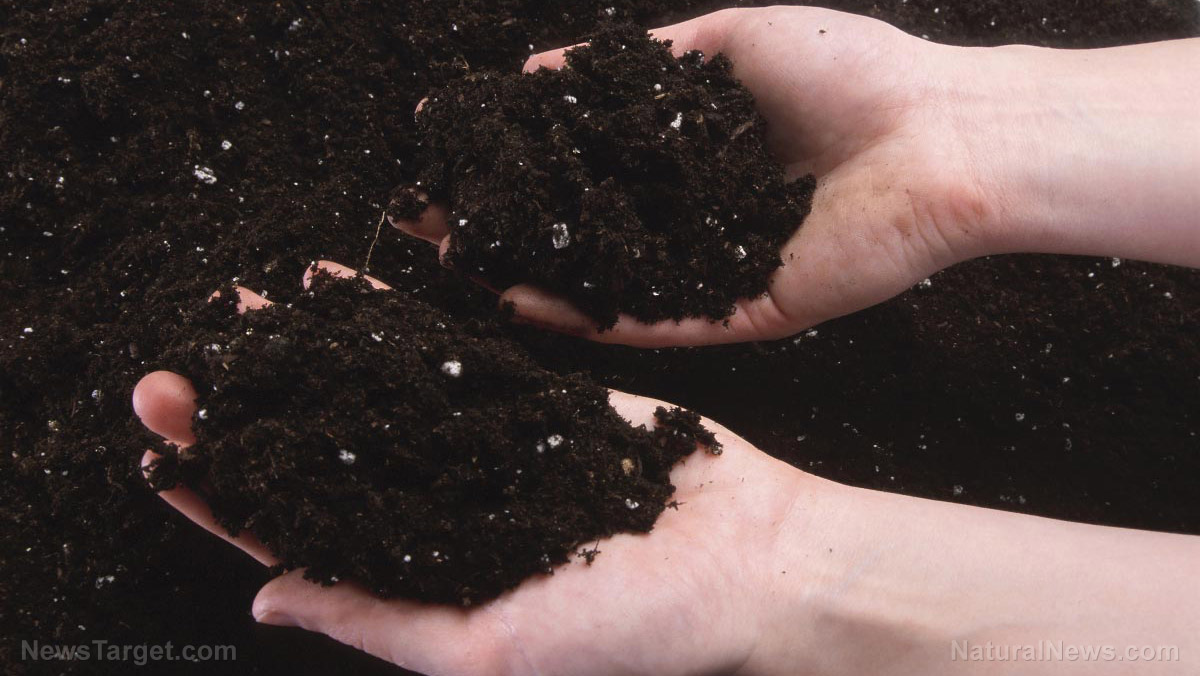
A fat molecule found in Mycobacterium vaccae, a soil-dwelling bacterium, is behind its potent anti-stress effects, according to a recent study.
Published in Psychopharmacology, it revealed that a lipid called 10(Z)-hexadecenoic acid in M. vaccae inhibits inflammation in the brain.
The researchers behind the study also reported that cells became more resistant to inflammation upon exposure to the said lipid.
The “hygiene hypothesis”
In 1989, British scientist David Strachan first proposed the “hygiene hypothesis.” He speculated that the lack of exposure to microorganisms in childhood led to poor immune health and a higher risk of certain conditions, such as asthma and allergies.
Researchers have since refined Strachan’s “hygiene hypothesis.” One accepted “revision” states that it is the lack of exposure to beneficial microbes in the soil, not to disease-causing microorganisms, that contributes to poor immune health.
According to Christopher Lowry, an associate professor of integrative physiology at the University of Colorado Boulder, the move from agricultural landscapes to urban spaces resulted in humans missing out on the necessary exposure to beneficial microorganisms in nature that help regulate the immune system and suppress inflammation.
As a consequence, humans became more at risk of inflammatory diseases and stress-related psychiatric disorders.
Numerous studies have demonstrated the link between exposure to bacteria from soil and the environment and stronger immune function, as well as improved resistance to mental disorders.
A review published in the Journal of Allergy and Clinical Immunology reported that adults who moved to farming areas were exposed to a wider range of beneficial bacteria, which significantly reduced their risk of allergic diseases, such as asthma and allergic rhinitis.
Another study led by Lowry reported that children raised in a rural environment surrounded by bacteria-laden animals and dust grew up with more stress-resilient immune systems than children raised in a pet-free, urban environment.
Meanwhile, in an earlier study, Lowry and his team revealed that injecting mice with M. vaccae prevented stress-induced spontaneous colitis. They noted that immune-regulating soil bacterium exerted anxiety-reducing effects similar to antidepressants.
The anti-stress and antidepressant-like effects of Mycobacterium vaccae
Lowry and his team’s earlier discovery led them to speculate that M. vaccae may harbor certain compounds that can reduce stress and inhibit inflammation in the brain. (Related: Prolonged intense stress can SHRINK your brain.)
To test their hypothesis, Lowry and his colleagues used gene-sequencing technology to isolate a novel lipid — later identified as 10(Z)-hexadecenoic acid — and examine its effects on immune cells.
The team found that inside immune cells, the lipid binds to a particular receptor to inhibit pathways that drive inflammation. Rodent cells pre-treated with the lipid also exhibited a stronger resistance to inflammation when exposed to pro-inflammatory stimuli.
Based on these findings, the researchers concluded that 10(Z)-hexadecenoic acid from M. vaccae has the potential to be used as a safe and natural “stress vaccine.” According to Lowry, this “stress vaccine” may prove beneficial to first responders, soldiers and other professionals who work in highly stressful environments, as it could help protect them from the harmful effects of stress.
Lowry also believes that since M. vaccae is just one of the millions of bacterial strains found in soil, there might be several other beneficial strains to discover.
Mental.news has more stories about stress-related disorders and natural ways to deal with them.
Sources include:
Tagged Under: allergies, alternative medicine, anti-inflammatory, immune cells, immune system, inflammation, mental health, Mycobacterium vaccae, natural cures, natural medicine, prevention, soil bacterium, stress relief, superbugs
RECENT NEWS & ARTICLES
COPYRIGHT © 2017 RESEARCH NEWS

